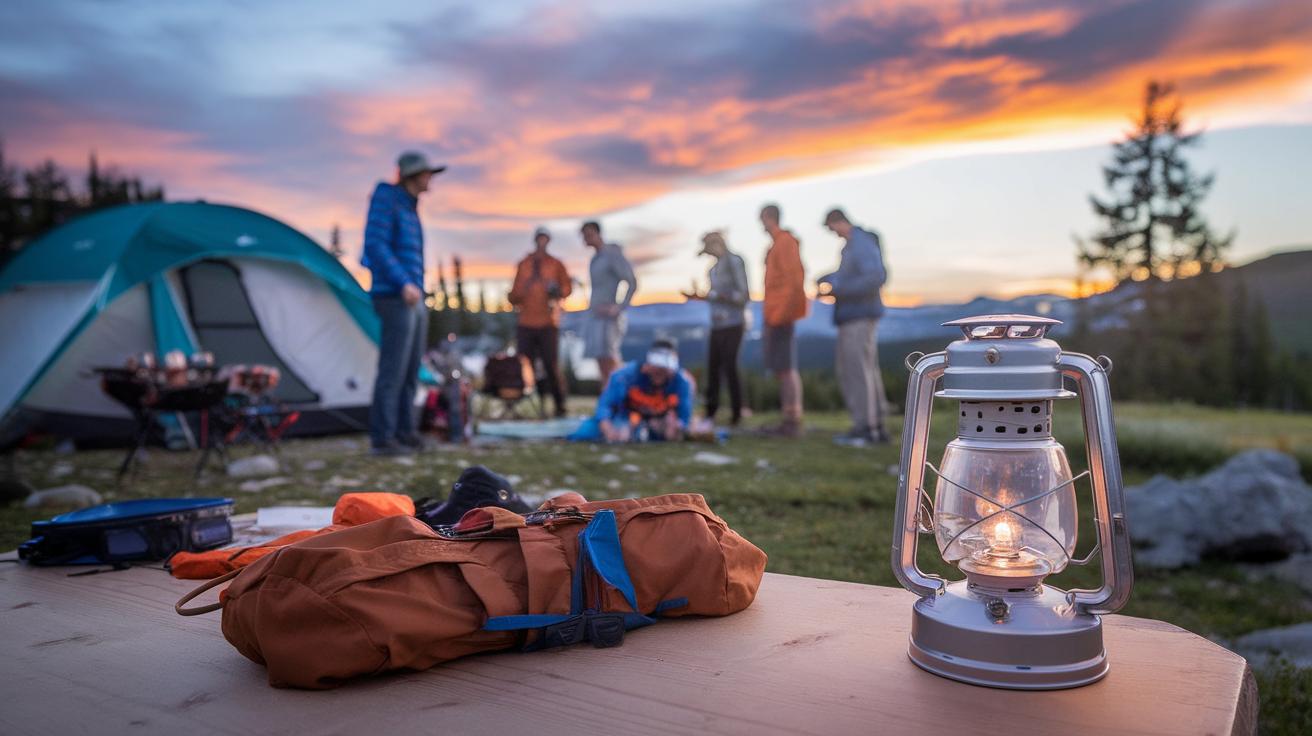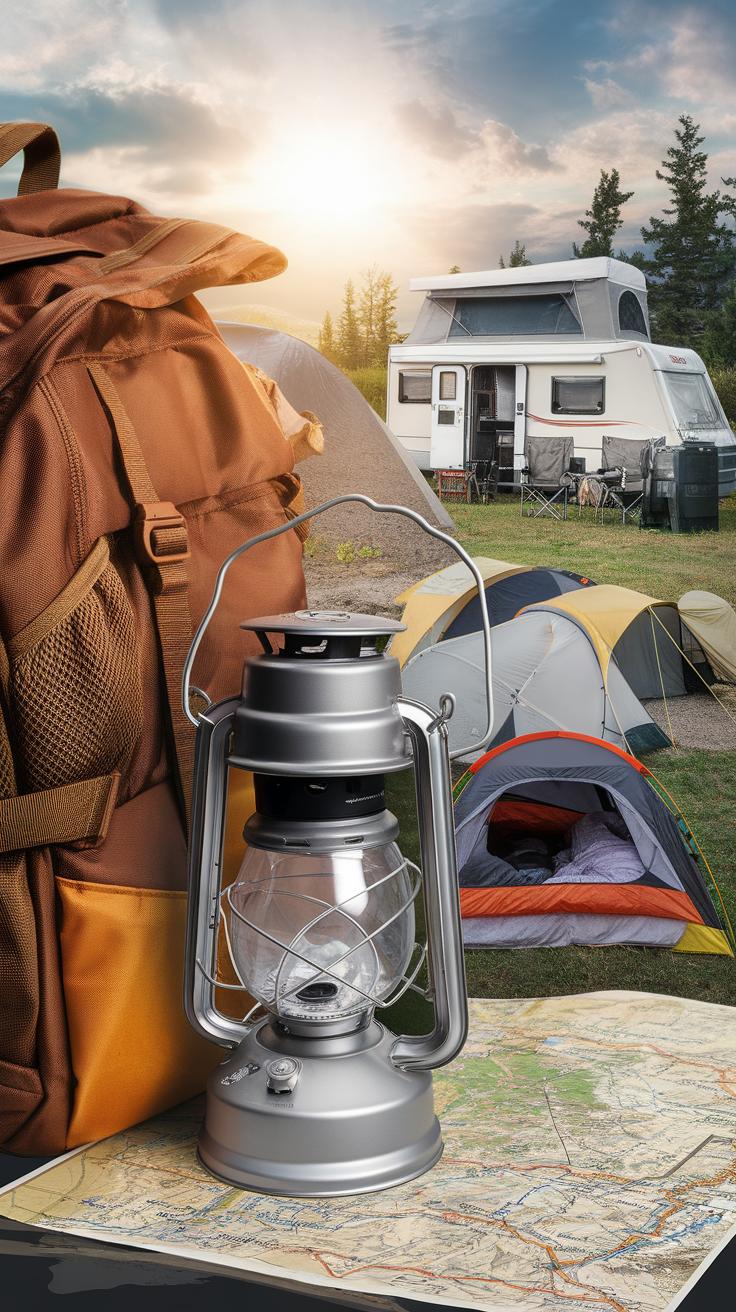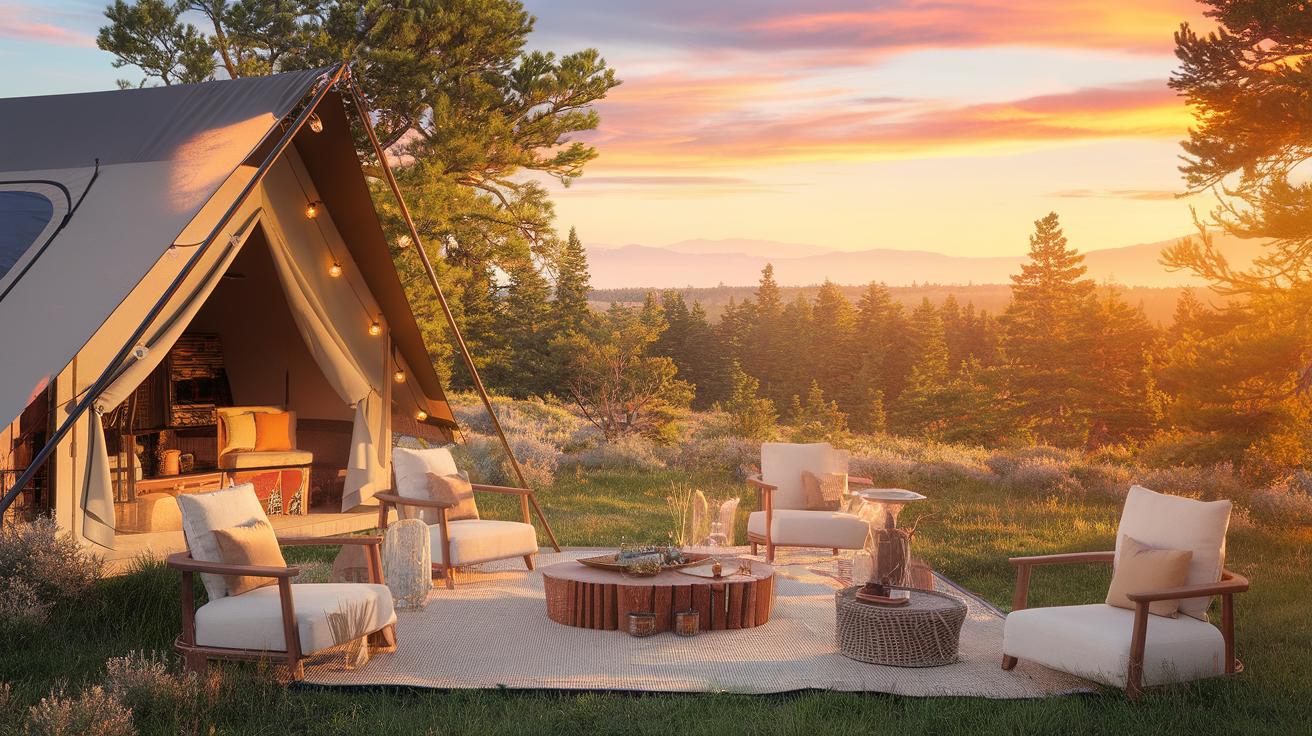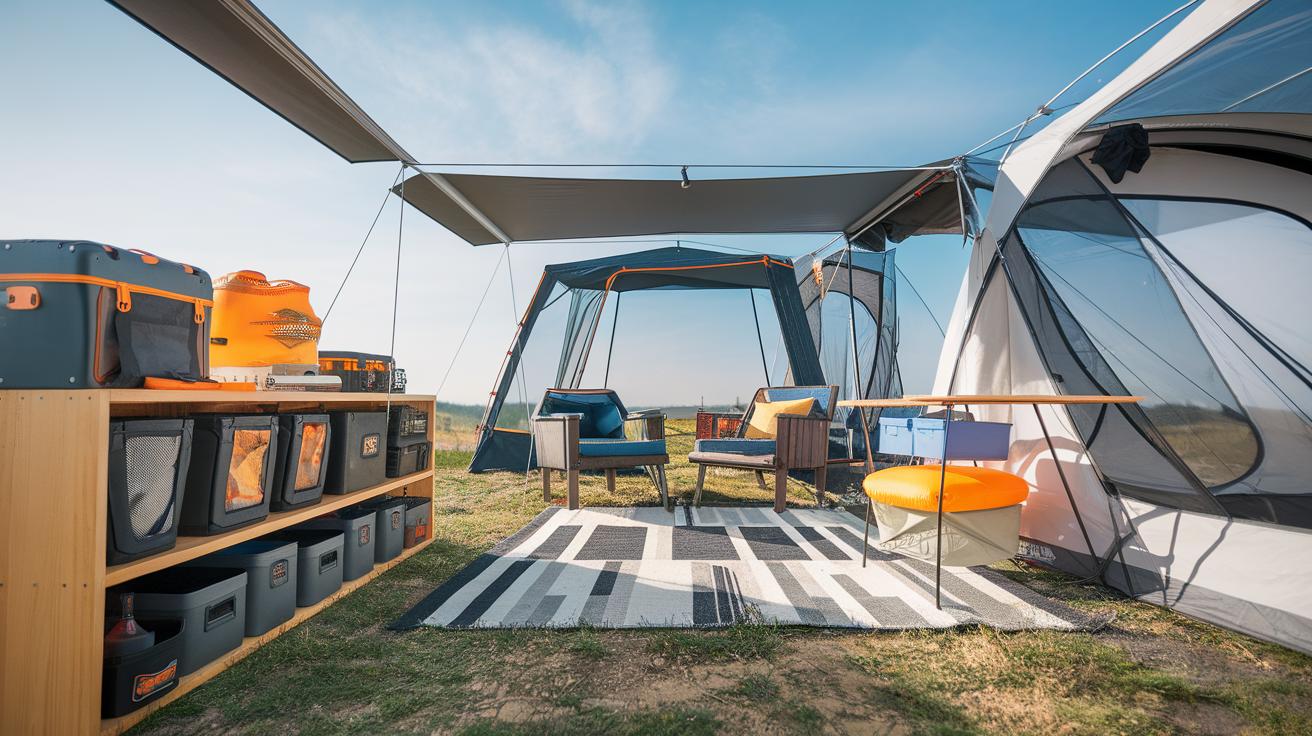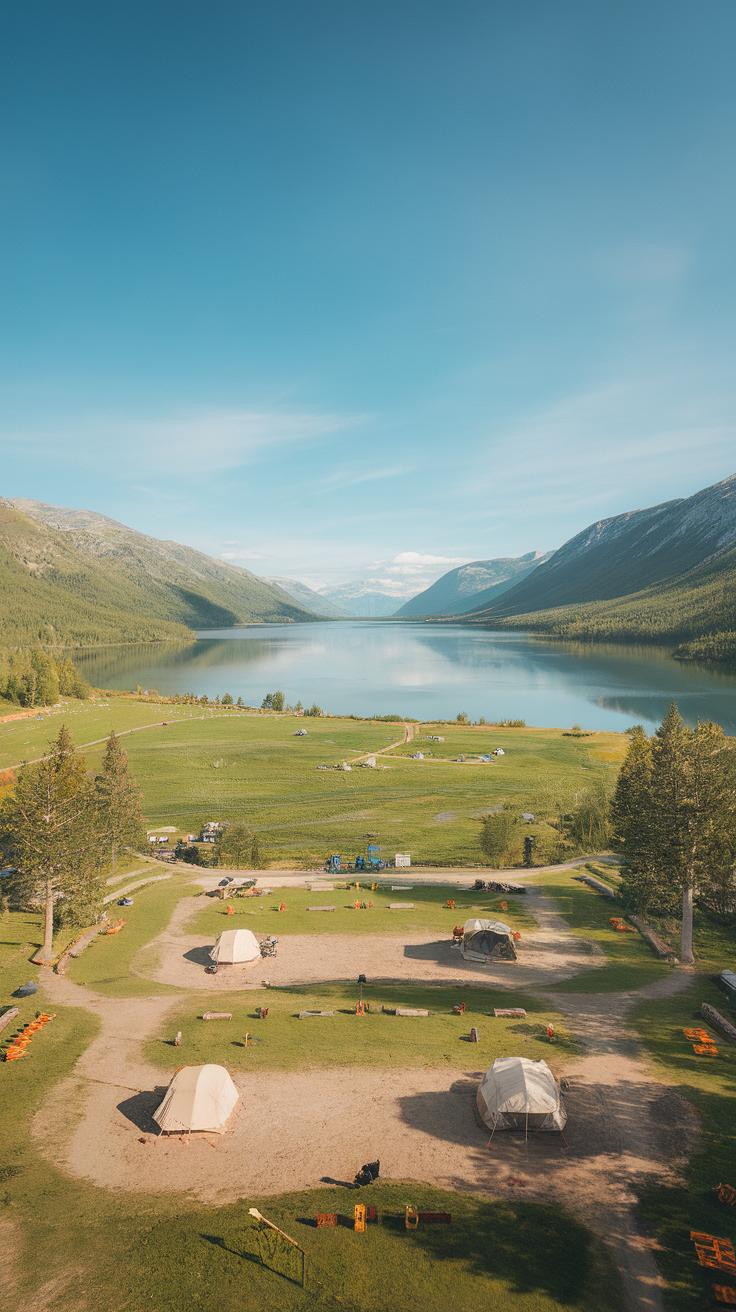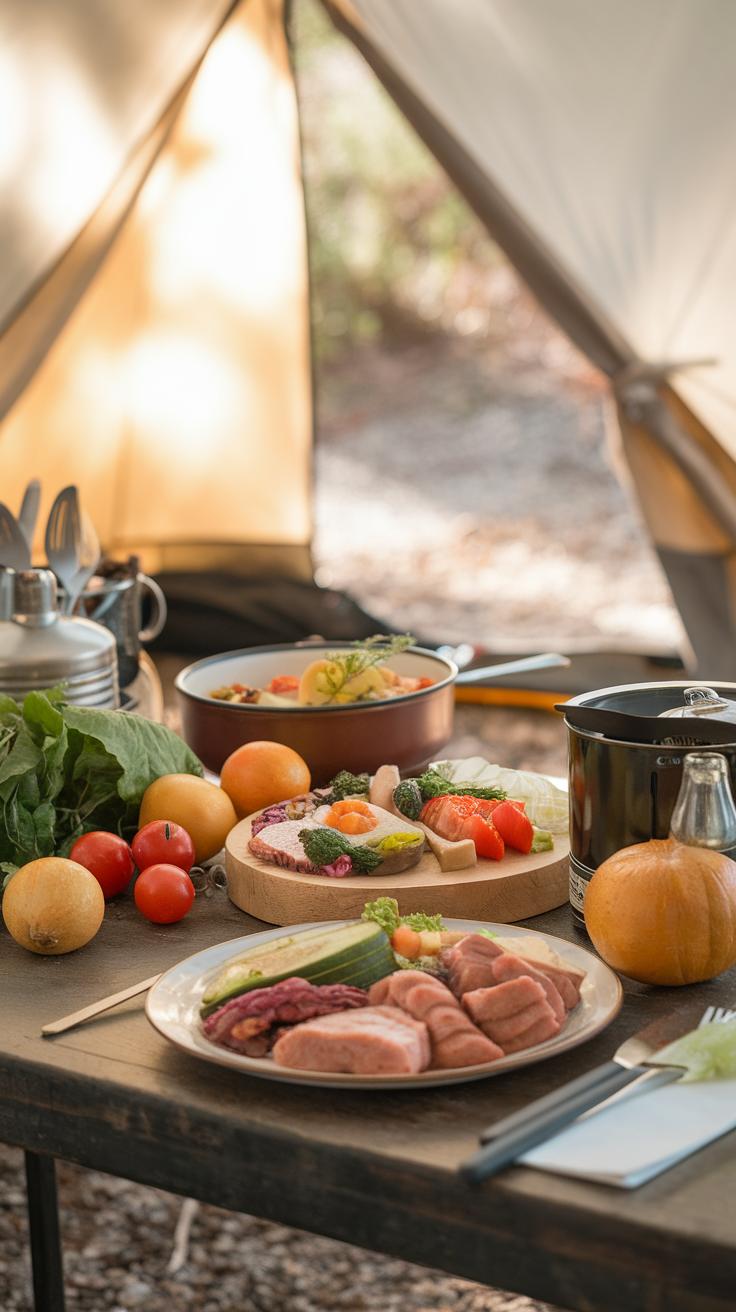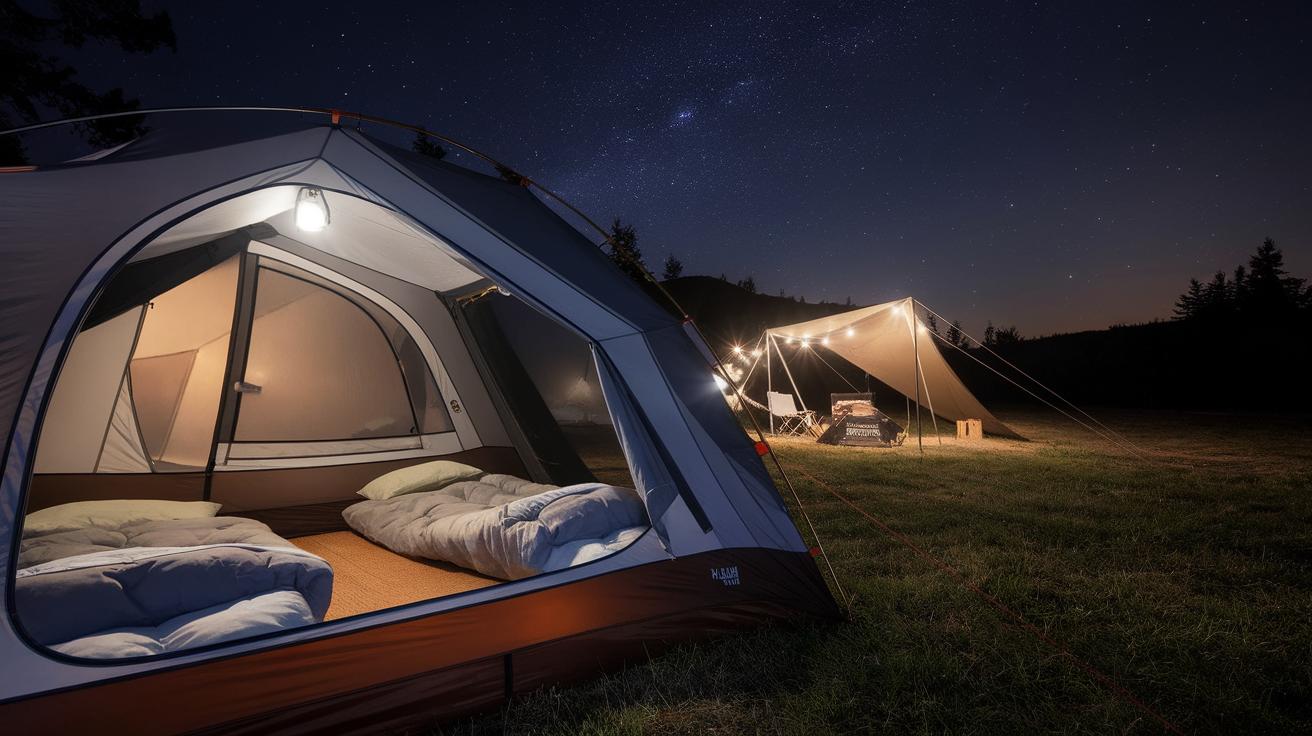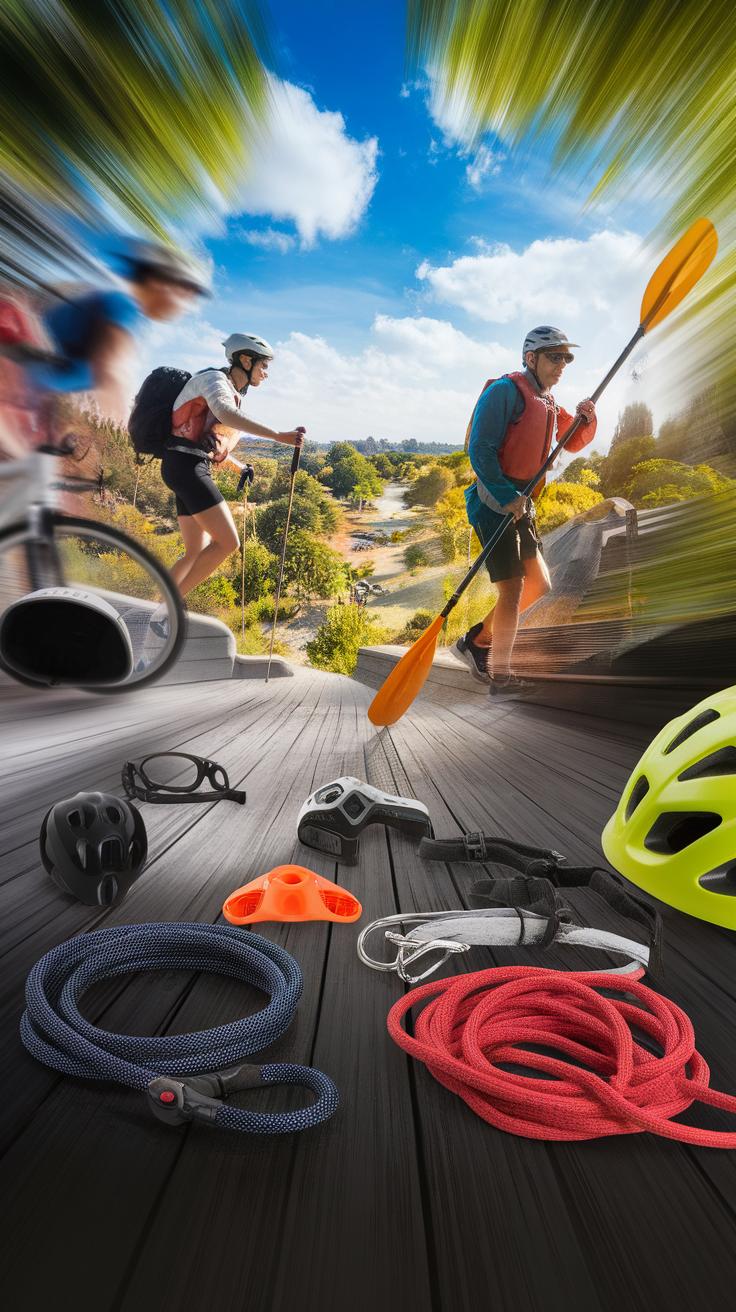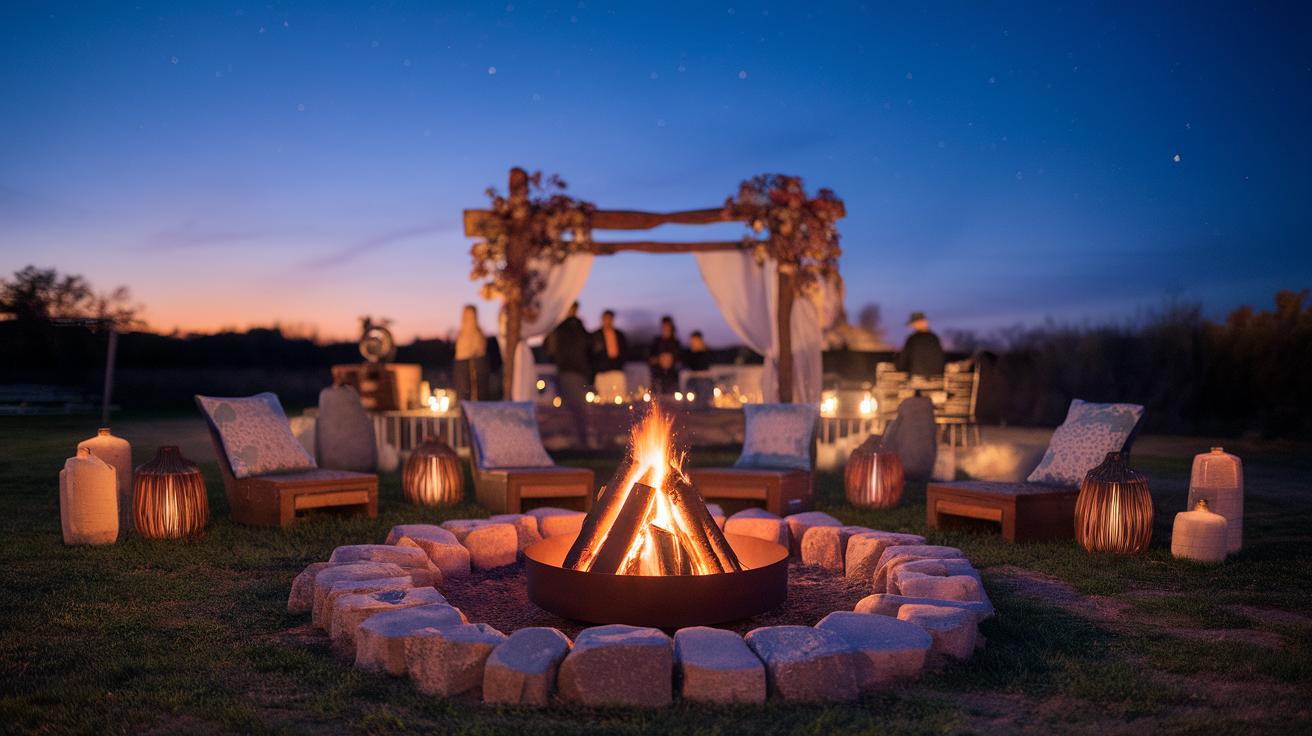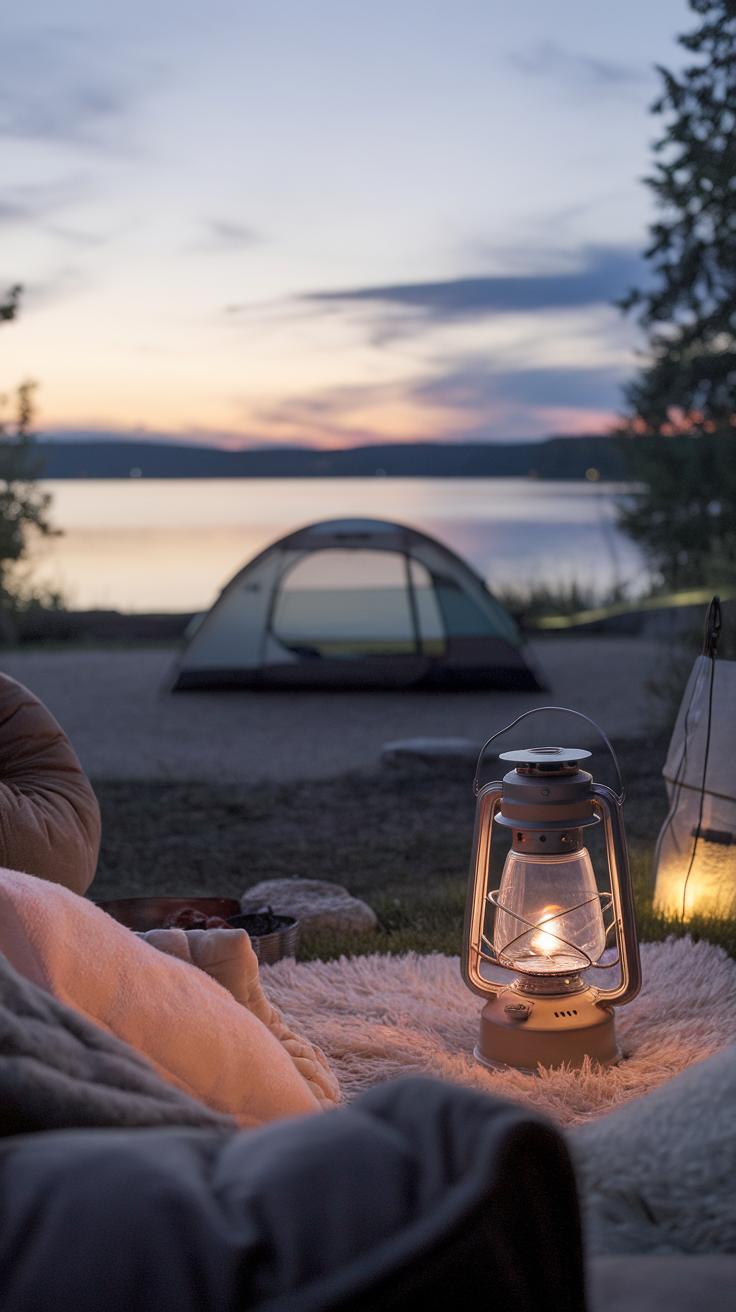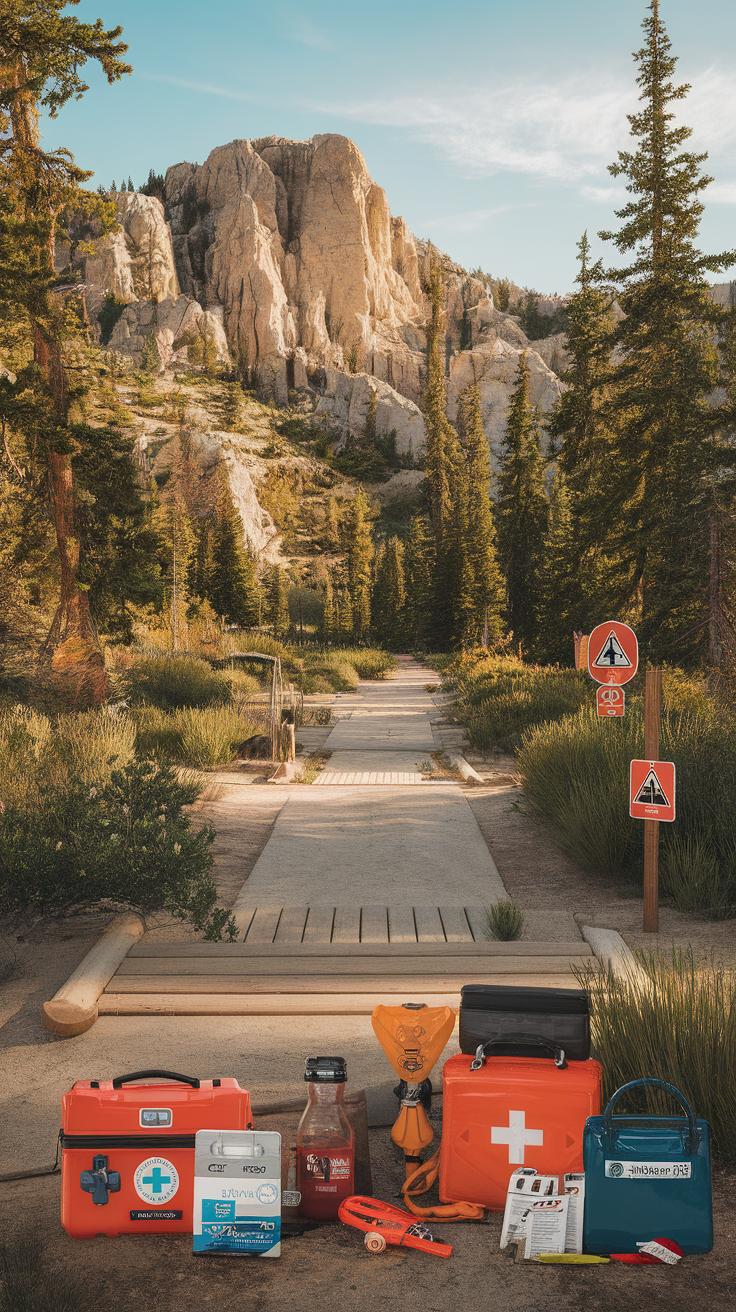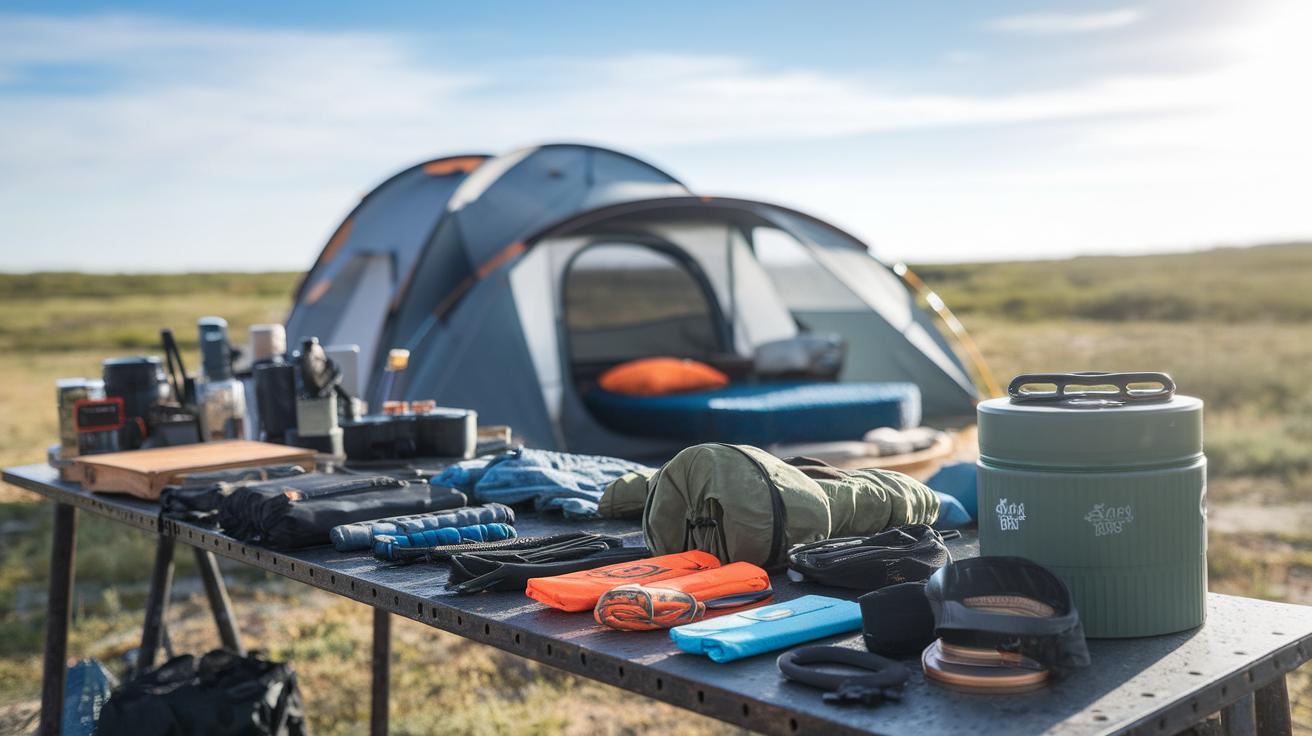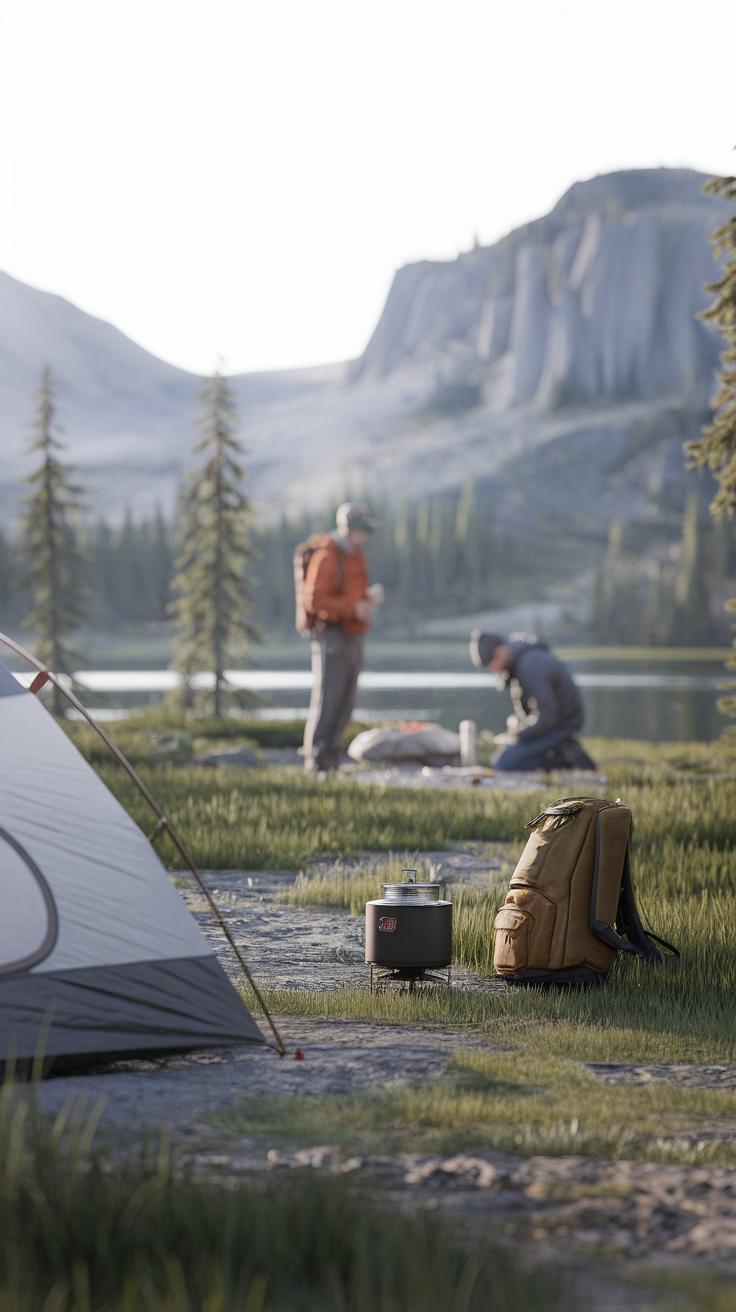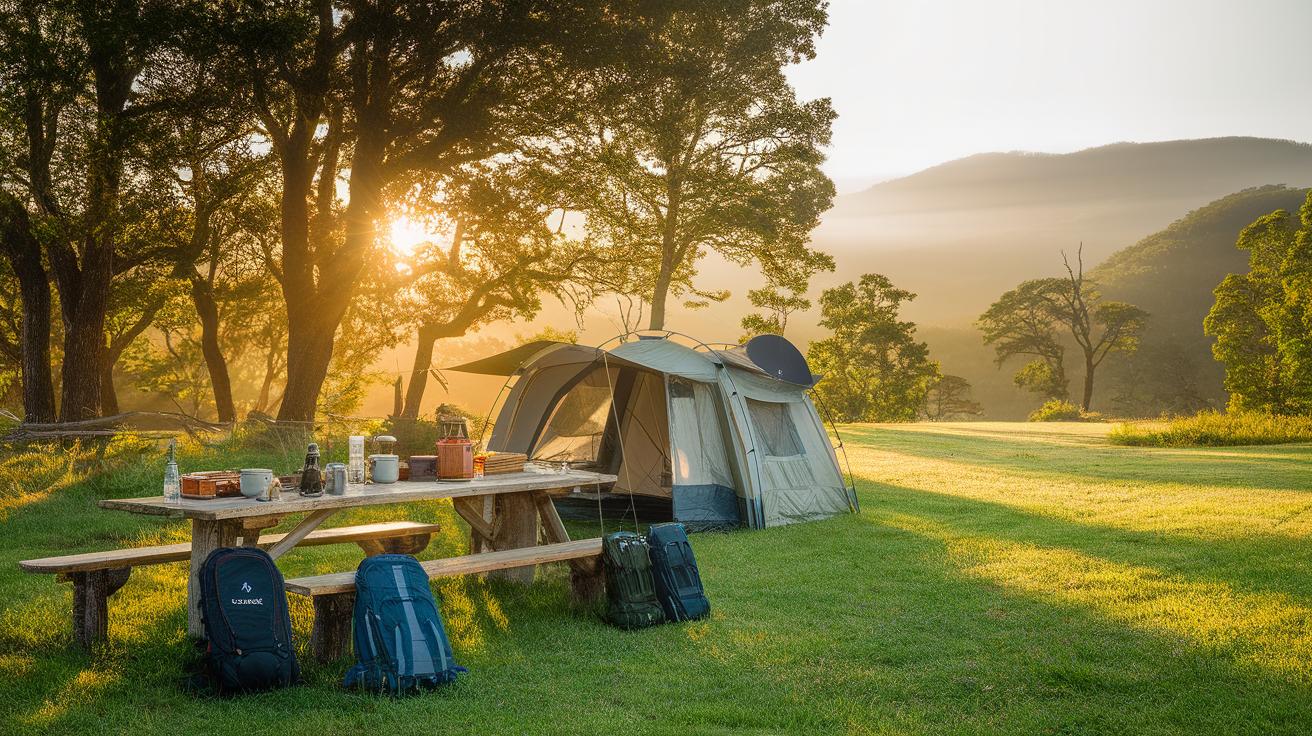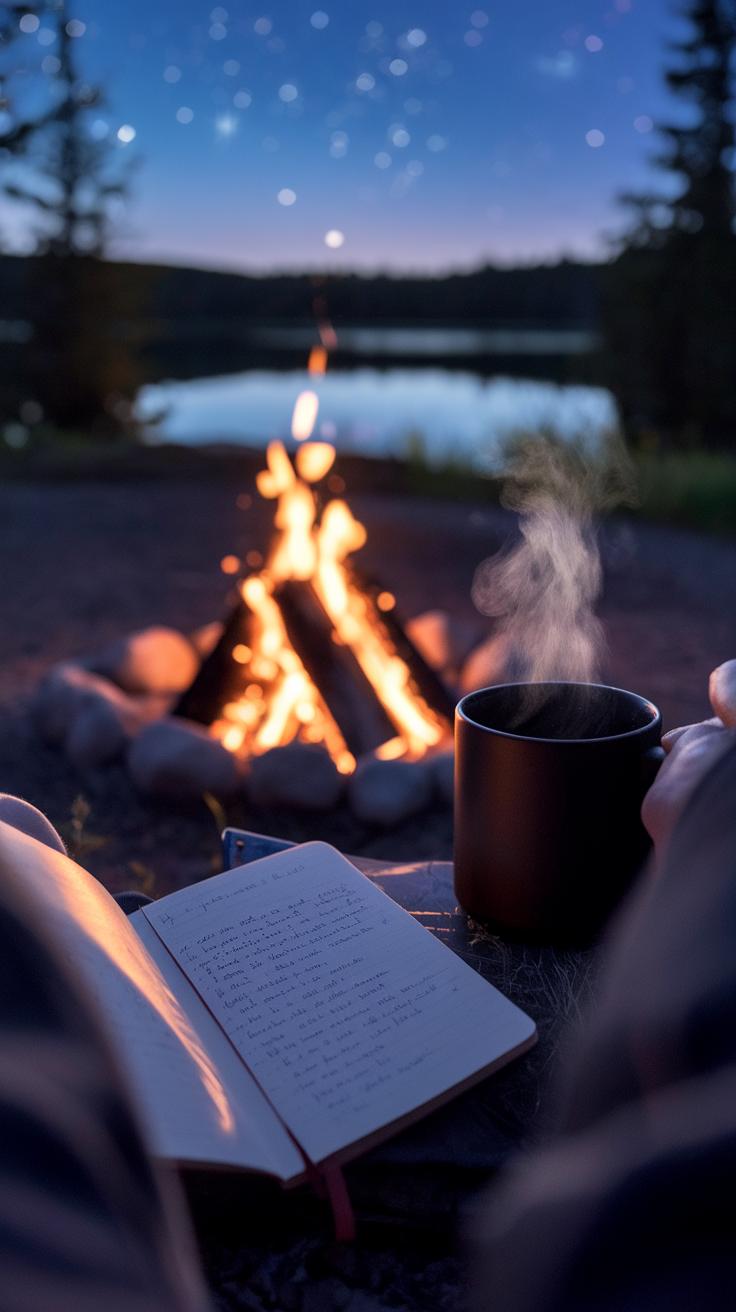Introduction
Camping offers a unique opportunity to connect with nature, providing a serene escape from the hustle and bustle of everyday life. Whether you are a seasoned camper or a novice planning your first trip, finding the right inspiration is key to creating a memorable outdoor experience. In this article, we will explore various aspects of camping, from choosing the perfect location to packing essential gear, and even incorporating exciting activities into your itinerary. By the end, you will be equipped with a wealth of ideas and insights to enhance your camping adventures.
As outdoor enthusiasts search for camping inspiration, they often overlook the diverse environments and experiences that await them. From lush forests and expansive deserts to tranquil lakes and majestic mountains, exploring different terrains can invigorate your camping experience. Moreover, understanding the history and evolution of camping can inspire you to embrace both traditional and contemporary camping styles. Join us as we delve deep into the world of camping and uncover the best tips and tricks for an unforgettable outdoor adventure.
The Basics of Camping Explore What Camping Means the Different Types of Camping and Essential Gear Required for a Successful Outing
Camping represents a cherished way to connect with nature and escape the rigors of daily life. It encompasses a variety of styles, allowing individuals to choose experiences that best fit their preferences. From tent camping in remote forests to glamping in luxurious yurts, the options cater to all types of adventurers.
Among the different types of camping, you’ll find options like backpacking, car camping, and RV camping, each providing a unique way to enjoy the great outdoors. Backpacking demands physical endurance and planning, while car camping offers convenience and accessibility.
No camping adventure is complete without the right gear. Essential items include a durable tent, sleeping bag, and cooking equipment. A reliable backpack, appropriate clothing for the weather, and safety tools like a first-aid kit are crucial for ensuring an enjoyable and secure experience in nature.
Types of Camping: Discovering the Best Fit for You
Diverse camping experiences await those who seek them, ranging from frontcountry to backcountry adventures. Choose from options such as family camping, solo trips, or even camping with pets, tailoring your experience to your group’s needs and dynamics. Each type offers distinct benefits depending on your outdoor goals.
Glamping, or glamorous camping, has gained popularity for those who relish nature yet desire comfort. Equipped with modern amenities such as comfortable bedding and gourmet meals, glamping provides a perfect blend of luxury and outdoor experience.
Regardless of the chosen style, achieving a successful camping outing hinges on thorough preparation. Being aware of the location and potential weather changes can prevent unpleasant surprises, ensuring a delightful connection to the natural world.
Choosing the Perfect Campsite A Guide to Selecting Your Ideal Location
Understanding Personal Preferences
Finding the best campsite begins with understanding your personal preferences. Ask yourself what kind of nature surroundings you desire. Do you prefer the tranquility of a forest, the vastness of open fields, or the soothing sounds of a lakeside? Identifying your ideal atmosphere can significantly influence your camping experience. Additionally, consider the amenities you need. Some campers may prioritize sites with restroom facilities, whereas others might thrive in more primitive environments. Think about accessibility as well; a location that’s too remote may affect your comfort, while a more accessible site could facilitate a casual trip without sacrificing immersion in nature.
Considering Location Factors
The choice of location is crucial in setting the tone for your adventure. Research geographic features like mountains, rivers, or coastlines that align with your interests. All these factors contribute to outdoor activities you may want to pursue, such as hiking, fishing, or simply enjoying scenic views. Weather conditions also influence campsite selection; certain areas may experience harsher climates at particular times of the year. Lastly, confirm the regulations or restrictions within your chosen area. Some campsites have specific guidelines on campfires, wildlife interactions, and group sizes, which can impact your planning and overall experience.
Planning Your Camping Menu Crafting Meals that Delight and Sustain
The Role of Meal Planning in Outdoor Adventures
Thoughtful meal planning plays a vital role in ensuring a successful camping trip. Preparing a menu ahead of time helps determine necessary supplies, minimizes waste, and reduces the hassle of decision-making once in the wilderness. A well-organized meal plan contributes not only to physical nourishment but also enhances the overall camping experience, as shared meals can foster camaraderie among campers.
Consider incorporating easy-to-prepare yet flavorful recipes that cater to varying dietary preferences. Opt for meals that require minimal cooking, utilizing tools like a portable grill or camp stove. Don’t forget to pack snacks that provide energy for daytime activities, ensuring everyone stays fueled and happy. Thoughtfully crafted meals can turn an ordinary camping trip into a culinary adventure, creating memories that will last long after the trip is over.
Tips for Creating a Memorable Camping Menu
Prioritize simplicity when constructing your camping menu. Begin by listing everyone’s favorite meals to enhance engagement and cater to varied tastes. Create balanced meals that include protein, grains, and vegetables for a healthy dining experience. Pre-packaged ingredients or marinated proteins can save time and effort. Plan for one or two community dinners that bring everyone together, which can serve as a delightful highlight of the trip.
Incorporating local ingredients, such as foraged mushrooms or wild berries, can add a sense of adventure to your meals. Encouraging campers to participate in meal preparation fosters teamwork and builds anticipation for the feast ahead. Delicious, well-planned meals can transform your camping adventure into an experience of exploration and enjoyment, leaving you eager for the next opportunity to venture outdoors.
Engaging in Outdoor Activities
Enhancing Your Camping Experience
Camping is not just about setting up a tent and enjoying s’mores by the fire; it’s an opportunity to immerse yourself in nature through diverse outdoor activities. Walking or hiking can allow you to explore scenic trails, discover hidden waterfalls, or encounter wildlife. Each step on a trail brings you closer to the environment, providing a refreshing break from everyday life.
Consider organizing group games such as capture the flag or frisbee to foster camaraderie among fellow campers. Fishing can also be both a relaxing and engaging activity, offering moments of stillness paired with the thrill of the catch. Nighttime stargazing, identified by constellations above, adds an enchanting layer to your adventure. Enjoying various outdoor activities ensures that each camping trip is unique and memorable, connecting you deeply with the wilderness around you.
Creating a Cozy Campsite Atmosphere
Making Your Campsite Inviting
Transforming your campsite into a cozy retreat can greatly enhance your outdoor experience. Begin by selecting the right location; look for level ground and natural windbreaks like trees or bushes. Tailor your setup with comfortable sleeping arrangements, incorporating sleeping pads or air mattresses topped with soft blankets and pillows. A warm ambiance can be achieved through the use of string lights or lanterns, casting a gentle glow during the evenings. Personal touches, such as your favorite camping chair or a colorful tablecloth, can create a sense of home, making your time outdoors feel special and inviting.
Enhancing Comfort with Essential Accessories
Include a few accessories to amplify your campsite’s comfort. Cozy blankets offer warmth during cool nights, while a portable camping rug can delineate your space and provide a clean area to relax. Cooking can also become an enjoyable experience; consider incorporating a small coffee maker or kettle for hot drinks in the morning. Creating a designated area for meals, complete with utensils, plates, and perhaps a small flower vase, adds charm and encourages leisurely dining. Remember, the key to a memorable outdoor adventure lies not just in the stunning scenery but in the comfort and coziness you create at your campsite.
Safety and Preparedness in the Wilderness
Understanding the Basics of Outdoor Safety
Ensuring safety and preparedness is fundamental when venturing into the wilderness. Knowing the terrain and the potential hazards it presents can significantly enhance your outdoor experience. Familiarity with the weather patterns, wildlife, and natural resources available in the area can reduce risks and increase confidence. It’s wise to carry a map and compass, as well as a well-stocked first-aid kit. A well-planned outing includes sharing your itinerary with someone who remains off-site, ensuring that help can be summoned if necessary. Basic survival skills should be practiced, such as building a fire, purifying water, and constructing a shelter. Mastering these skills not only keeps you safe but also boosts your self-reliance on your adventures.
Preparing for the Unexpected
Having strategies in place for unforeseen circumstances is vital for a successful camping journey. Weather can change rapidly, so packing appropriate clothing and gear for various conditions ensures you are ready for anything. Carrying extra food and water can be a lifesaver during unexpected delays or emergencies. Familiarizing yourself with the proper usage of emergency equipment, including whistles, flares, and multi-tools, can empower you to respond effectively under pressure. Creating a checklist before leaving helps ensure nothing critical is forgotten. In the spirit of adventure, always have an emergency response plan, identifying the nearest help locations and knowing how to communicate if cell service is weak. These precautions foster a secure environment, allowing you to fully enjoy nature’s beauty without worry.
Respecting Nature and the Environment The Leave No Trace Principles
Embracing Environmental Stewardship
Camping offers a unique opportunity to connect with nature, yet it’s imperative to also recognize our responsibility to protect it. Following the Leave No Trace principles ensures that we preserve the beautiful landscapes for future generations. These guidelines emphasize minimizing our impact on the environment through simple yet effective practices. For instance, always camping at established sites helps to prevent overuse of sensitive areas, while disposing of waste properly keeps ecosystems healthy.
Respecting wildlife is crucial; observing animals from a distance prevents disruption of their natural behaviors and habitats. Engaging in activities such as Leave No Trace workshops can enhance awareness and deepen your outdoor experience. By integrating these principles into your adventures, you foster a culture of respect and stewardship that enriches not only your camping trip but also contributes positively to the environment.
Reflecting on Your Camping Experience Planning Future Adventures
Learning from Past Adventures
Engaging in moments of solitude amidst nature can often lead to profound self-discovery. Reflecting on your past camping experiences allows you to identify what aspects you truly enjoyed and what could have elevated your adventure. Was it the serenity of an early morning by the lake or the exhilarating hiking trails? Jotting down these reflections can inspire future planning and help you curate your ideal trip. Noting down the best locations, favorite activities, or even the type of cuisine enjoyed around the campfire can provide a valuable framework for future excursions.
Inspiring Ideas for Future Trips
When preparing for your next camping adventure, consider the diverse activities that can enrich your experience. Planning themed trips, such as photography or wildlife observation, could ignite a fresh passion for exploration. Delving into various environments, from majestic mountains to tranquil beaches, can bring new perspectives on the natural world. Engaging with fellow campers through storytelling can also spark new ideas. By tapping into your reflections and the inspiration shared by others, you can approach your next camping journey with renewed enthusiasm and an open heart.
Conclusions
Camping is much more than just pitching a tent and roasting marshmallows over a fire; it is an opportunity to bond with loved ones, learn new skills, and appreciate the beauty of the great outdoors. By drawing from various sources of inspiration, whether it be scenic locations, engaging activities, or thoughtful planning, you can craft a camping experience that resonates with your personal preferences and aspirations. The excitement of discovering new trails, setting up camp under the stars, and creating lasting memories with friends and family is what makes camping so rewarding.
As you embark on your next camping adventure, remember to keep an open mind and embrace spontaneity. The best memories often come from unexpected moments and unplanned adventures. So gather your gear, choose a picturesque location, and let the beauty of nature inspire you as you forge deeper connections with the outdoors and those around you. Happy camping!

